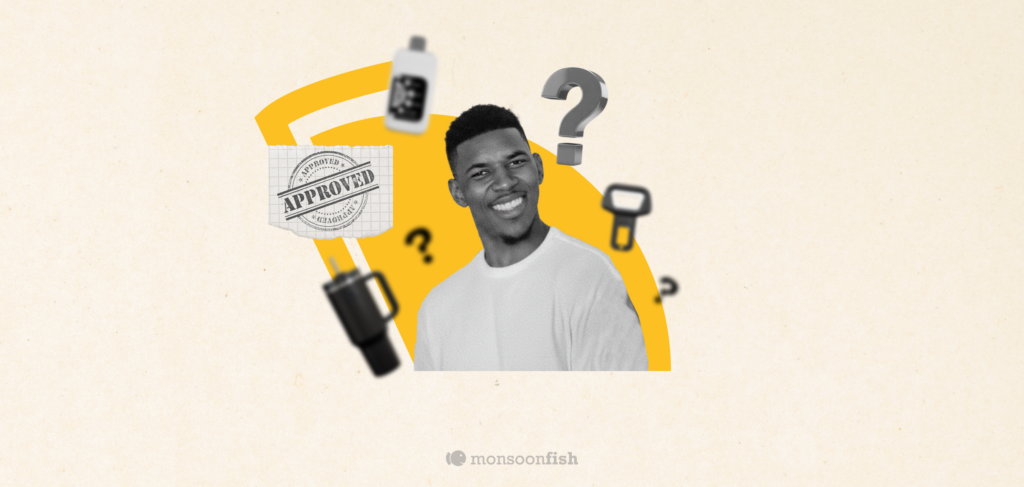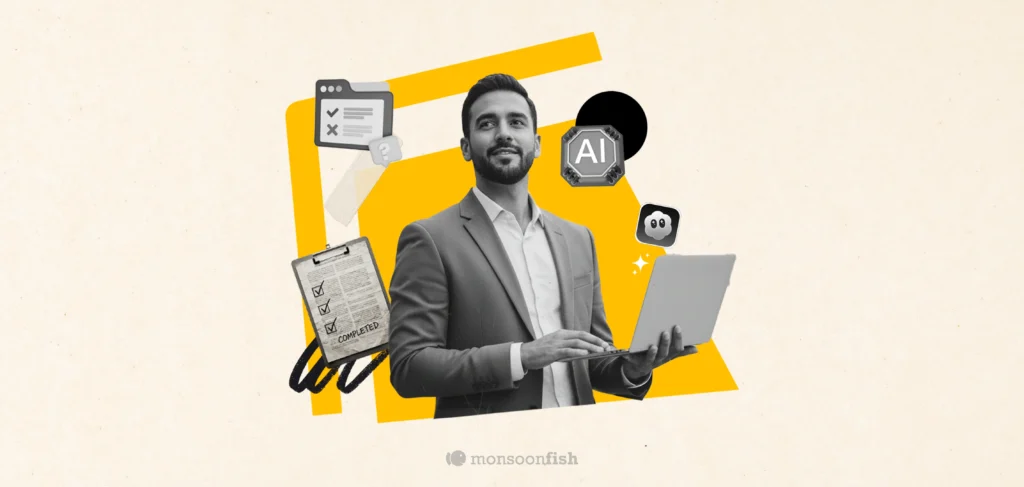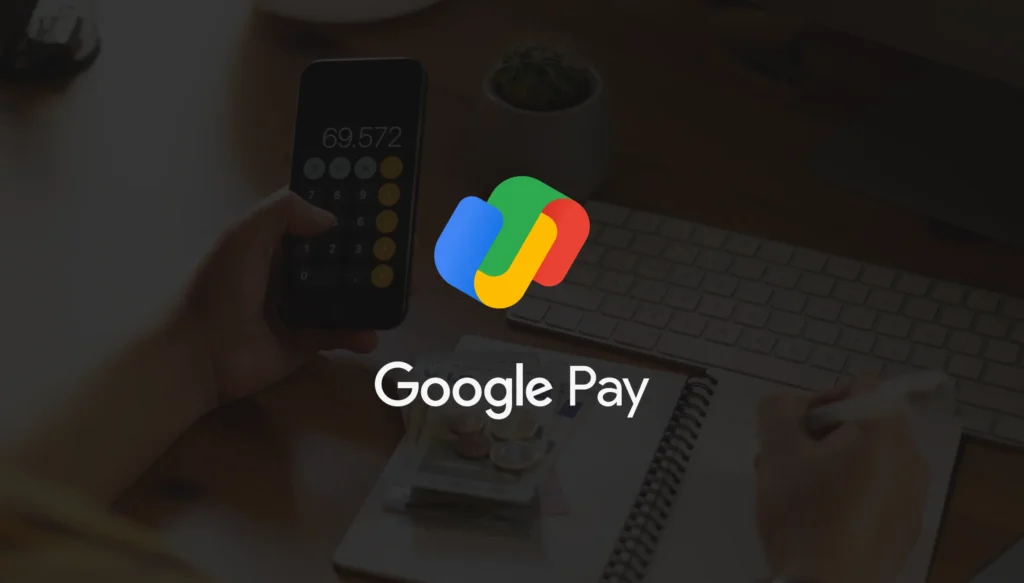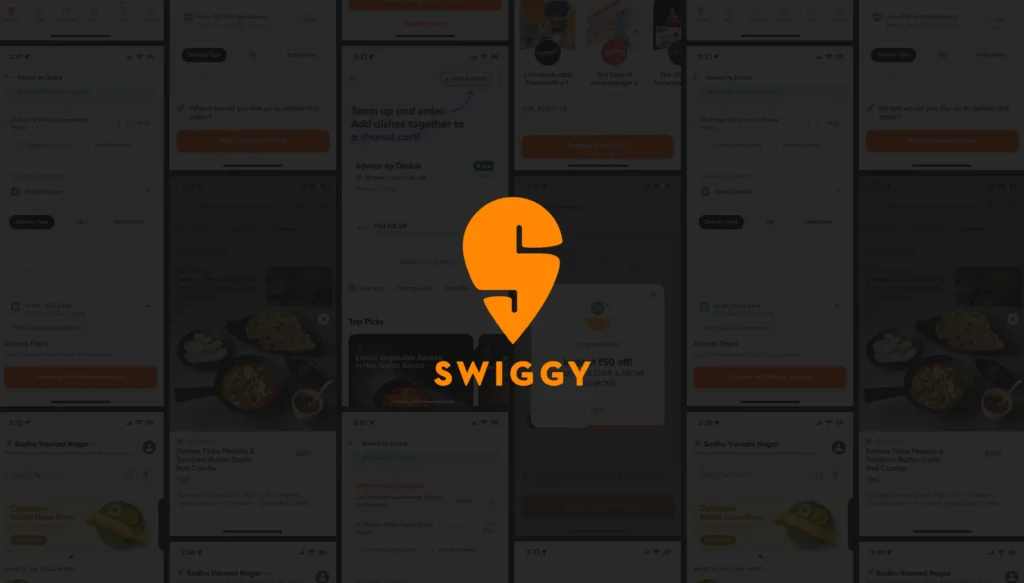Discover What’s New & Stay Ahead: Web Design Trends and Statistics 2024
As design elements and features that were once innovative, become overused and cliché; it’s crucial to ensure your site stays fresh and aligned with contemporary expectations. From visual aesthetics to interactive features, let’s explore the key elements that will shape the web design landscape in the coming year.
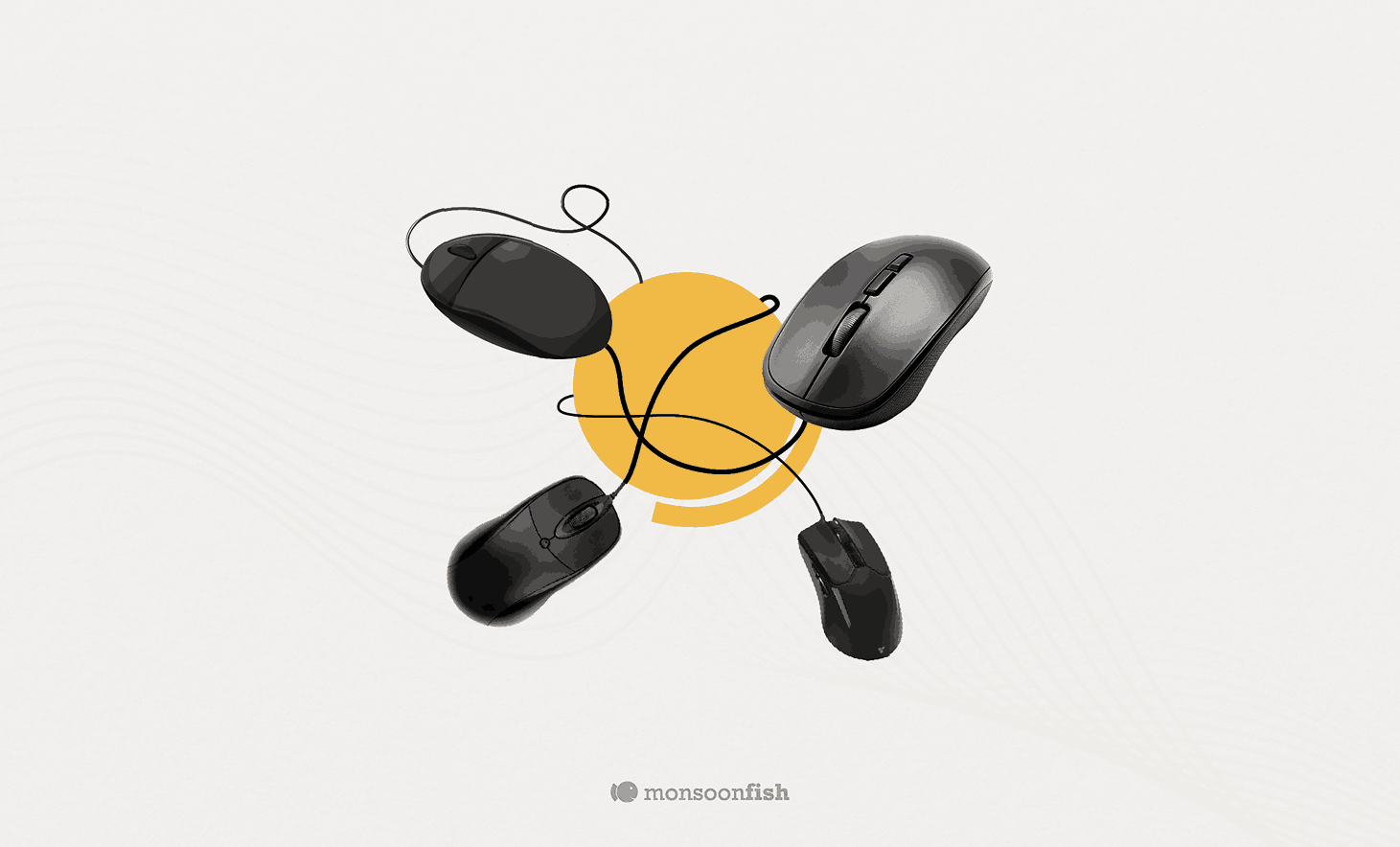
Did you know that websites with interactive content experience 4-5 times longer average time spent on site, indicating a growing preference for immersive user experiences that encourage engagement and interaction?
Yes, web design plays a pivotal role in shaping user experiences and influencing online interactions. As design elements and features that were once innovative, become overused and cliché; it’s crucial to ensure your site stays fresh and aligned with contemporary expectations.
You don’t want your website to turn away potential customers because it looks outdated or fails to meet current web standards, right?
As we approach 2024, staying updated about the latest web design trends is crucial for businesses and designers alike. In this blog, we will explore the emerging web design trends, focusing on both aesthetics and functionality, and provide insights backed by relevant statistics and market analysis.
From visual aesthetics to interactive features, let’s explore the key elements that will shape the web design landscape in the coming year.
Modern Website Design Trends and Statistics
In 2024, bold typography and unconventional image placements will take center stage as websites increasingly experiment with innovative visual components.
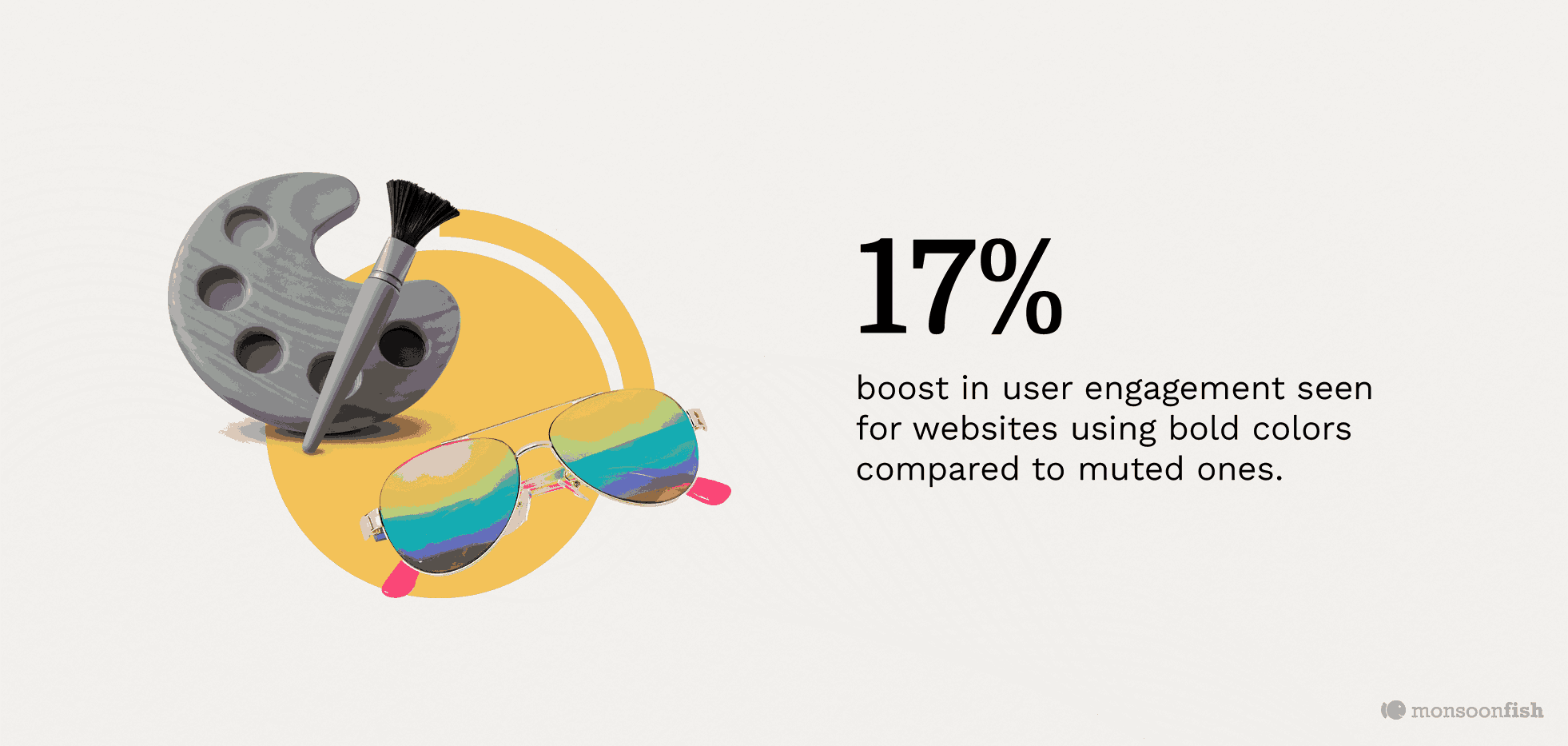
Expect a vibrant and contrasting array of color schemes, where gradients, duotones, and bold color choices will contribute to a visually stimulating user experience. Simultaneously, layout designs will undergo a transformation, embracing dynamism and breaking away from traditional norms.
Asymmetry, overlapping elements, and non-traditional grid structures will become prevalent, marking a shift towards more dynamic and unconventional web layouts. These trends collectively indicate a forward-looking approach to web design, where aesthetics play a pivotal role in shaping the digital user experience.
Functionality and User Experience Go Hand-in-Hand
Making websites easy to navigate is still a top priority. Expect simplified menus, sticky navigation bars, and straightforward user journeys to enhance the overall browsing experience. Interactivity will take center stage, featuring chatbots, interactive forms, and engaging animations to boost user engagement.
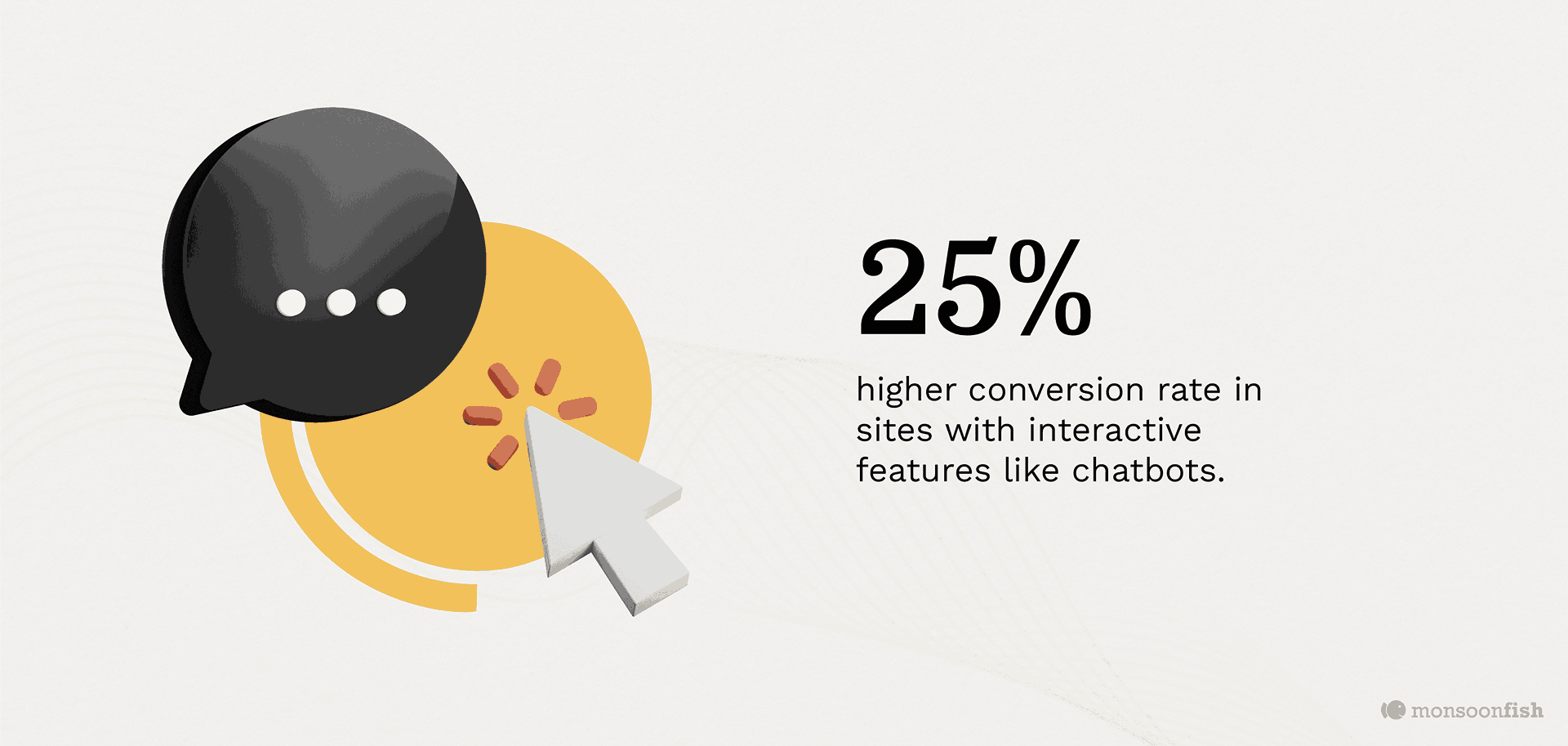
Personalization and gamification will also be key in keeping users interested, tailoring content and experiences based on individual preferences. A major focus will be on web accessibility, making sure websites are usable by people with diverse abilities through optimizations like screen reader compatibility and alt text for images.
Fast loading times will remain crucial, achieved by optimizing images, using browser caching, and employing content delivery networks (CDNs).
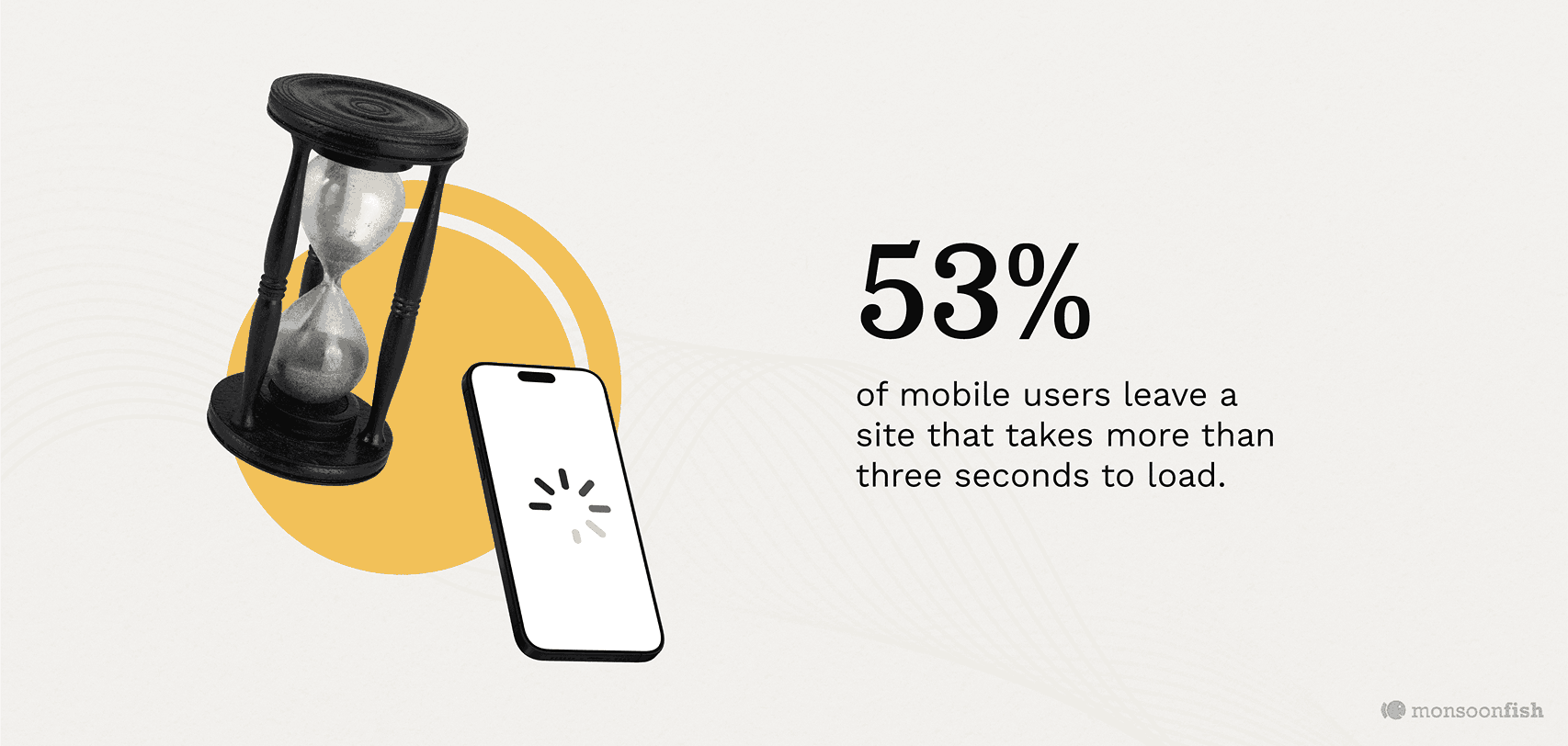
Additionally, technical aspects like mobile responsiveness, cross-browser compatibility, and secure HTTPS connections will continue to be essential for a seamless online experience.
Trending Website Design Technology and Tools
In the near future, web design tools are getting smarter with the integration of AI and machine learning, making the design process smoother by offering intelligent suggestions.
Content Management Systems (CMS) are evolving, becoming more flexible and scalable, with a rising popularity of Headless CMS and decoupled architectures for improved content delivery.
Coding is advancing too, with technologies like React and Vue.js making it easier for developers to create dynamic and responsive websites. Another trend to watch out for is the widespread adoption of Progressive Web Apps (PWAs), enhancing user experiences.
Additionally, technologies like Web Assembly will be employed for high-performance web applications, while blockchain integration aims to bring enhanced security and transparency to the digital landscape.
Content and Messaging
- Storytelling: This will play a pivotal role in content strategy. Websites will focus on creating compelling narratives to connect with users on a deeper level. For example: Airbnb’s website leverages storytelling through real host and traveler tales, showcasing unique homes with catchy images and engaging narratives. This approach transforms travel from mere accommodation booking to immersive cultural experiences and personal connections.
- Brand Identity: Maintaining a strong brand identity through consistent visuals, tone, and messaging will be crucial for establishing trust and recognition. For example – Apple’s website displays a strong brand identity with its minimalist design, monochromatic scheme alongside messaging that emphasizes innovation and simplicity, make the brand instantly recognizable.
- User-Focused Content: This will take precedence, addressing the specific needs and preferences of the target audience. Personalized content recommendations and tailored messaging will be key. For example – Netflix’s website offers personalized content recommendations tailored to individual viewing habits. Through sophisticated algorithms, users see unique home pages featuring “Top Picks” and “Because You Watched” sections. This customization ensures an engaging browsing experience aligned with each user’s preferences, enhancing satisfaction and engagement.
Why Following the Popular Web Design Trends is Important
Keeping up with current web design trends is crucial for several reasons:
- It guarantees that your website maintains a visually appealing appearance, staying in line with contemporary design aesthetics; ensuring that your online presence resonates with modern user expectations.
- Embracing new functionalities not only enhances user satisfaction but also fosters increased engagement.
- A website that integrates the latest interactive features, responsive design elements, and cutting-edge technologies is more likely to captivate and retain visitors.
- This heightened engagement, in turn, contributes significantly to improved business success, from increased conversion rates to higher customer retention.
Web Design Statistics and Market Analysis
Recent studies show that 88% of online consumers won’t revisit a site with a poor user experience. Staying updated on web design trends is crucial for user satisfaction. With over 53% of global web traffic from mobile devices, responsive and mobile-friendly design is essential to meet evolving user habits.
Recent market analysis reveals that e-commerce sites with clear navigation enjoy a 20% higher conversion rate. Embracing Progressive Web Apps (PWAs) is also beneficial, with websites using PWAs experiencing a 68% boost in mobile traffic and a 15% improvement in average session duration. These findings highlight the need to adopt innovative technologies for improved user experience and site performance. In conclusion, web design trends significantly influence user behavior, engagement, and business outcomes.
Key Takeaways
In conclusion, web design in 2024 is a blend of aesthetics and functionality, with a strong emphasis on user experience. Adapting to these trends is not just a matter of keeping up with the latest fads; it is a strategic move that can significantly impact business success and user satisfaction. As we look ahead, the future of web design post-2024 promises continued innovation and evolution in response to the dynamic digital landscape.
